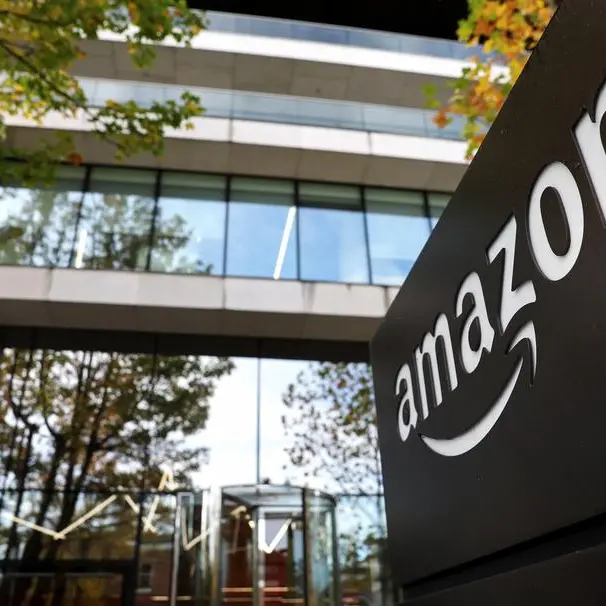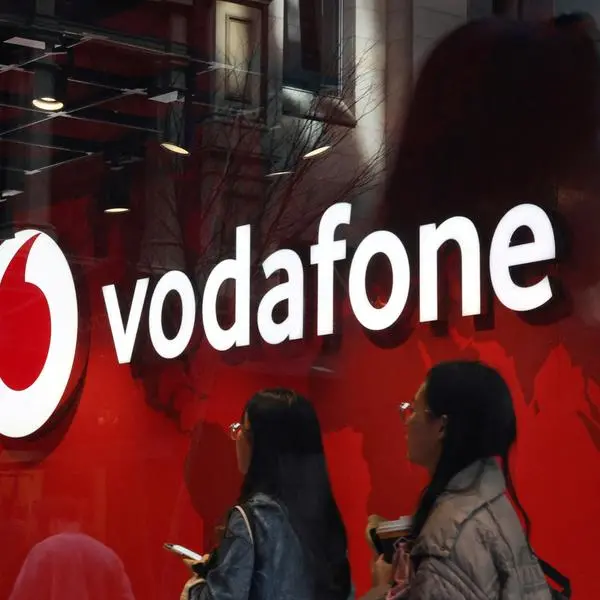PHOTO
As artificial intelligence (AI) increasingly enters every phase of our lives, it has also become a critical tool in the hands of marketers and advertisers to finetune and personalise their campaigns to target specific audiences.
“Leveraging the power of AI, marketers can now create highly targeted and personalised advertising campaigns through advanced data analysis and segmentation. Ads are also made more relevant by personalising them based on user behaviour, preferences and demographics. This is noteworthy as AI-powered algorithms can analyse massive amounts of data to forecast consumer behaviour and trends,” Arnaud Verchere, Group CEO at Tonic International and Chairman of Local Planet MEA, told Khaleej Times in an interview.
Excerpts:
How has the integration of AI transformed traditional advertising and marketing strategies?
Prior to the digital era, traditional advertising and marketing strategies used offline channels to reach audiences, which included print, broadcast, direct mail, and in-person approaches. These methods, including telemarketing and outdoor advertising, have since evolved with the emergence of online platforms and technology-driven campaigns.
Using AI, marketers can capitalise on insights to anticipate consumer demands, optimise content, and make data-driven decisions to create higher-impact campaigns. Programmatic advertising also relies heavily on AI as it automates real-time ad placement and purchase. This boosts productivity, lowers expenses and enables more accurate audience targeting. In addition to enabling dynamic pricing strategies and allowing businesses to adjust prices based on factors such as demand, competition, and market trends, AI can further help companies shape better customer journeys by carefully analysing touchpoints and interactions.
What are the key advantages of mobile marketing in reaching and engaging with a diverse audience? How has the rise of mobile devices influenced consumer behaviour, and what does it mean for businesses?
With greater connectivity and on-the-go access to information, the growth of mobile devices has had a significant impact on consumer behaviour. In order to enhance customer experience and satisfy their needs, businesses make significant investments in its digital platforms every year. Increased planning and development across all sectors have also propelled the usage of mobile devices and the internet, particularly in the Middle East, by providing users with more integrated wireless services. A key element in this is that mobile devices make location-based services possible, which enables companies to offer users customised, location-specific promotions and advertisements.
Consumers expect instant access to information, reviews and product details, which makes it essential for businesses to ensure that their online presence is mobile-friendly and content is easily accessible and digestible on smaller screens. Businesses must therefore build and optimise apps to offer convenience, personalised experiences, along with loyalty programs that foster stronger connections with their customer base.
How does cross-platform audience buying facilitate targeted advertising, and what are the implications for consumer engagement? What role does data integration play in optimising cross-platform audience buying efforts?
Cross-platform audience buying, supported by robust data integration, helps advertisers deliver more personalized and effective advertising campaigns, which can enhance consumer engagement and optimize marketing efforts.
By combining data from various sources, advertisers can gain a comprehensive view of their audience’s behaviours and preferences. This integrated data helps create more accurate audience profiles and segments, which can then be targeted more effectively across different platforms. It also allows for better measurement and analysis of campaign performance, leading to more informed decisions and improved return on investment (ROI).
In a budget-conscious landscape, what considerations should businesses prioritise when planning their communication strategies?
Budget-conscious businesses should place a high priority on precise audience targeting, cost-effective communication channels and well-defined objectives that are in line with the company’s overall goals. By leveraging data analytics for informed decision-making, maintaining consistent brand messaging across platforms and creating reusable content, these businesses can boost efficiency across their processes. More importantly, establishing and maintaining relationships with customers reduces the requirement for extensive marketing. This, combined with regular evaluations and adjustments, as well as review of internal resources and existing talent, ensures flexibility and the ability to produce dynamic results. Businesses can also optimise resource allocation and make cost-effective changes to their communication strategies by establishing metrics for measuring return on investment (ROI).
Copyright © 2022 Khaleej Times. All Rights Reserved. Provided by SyndiGate Media Inc. (Syndigate.info).





















